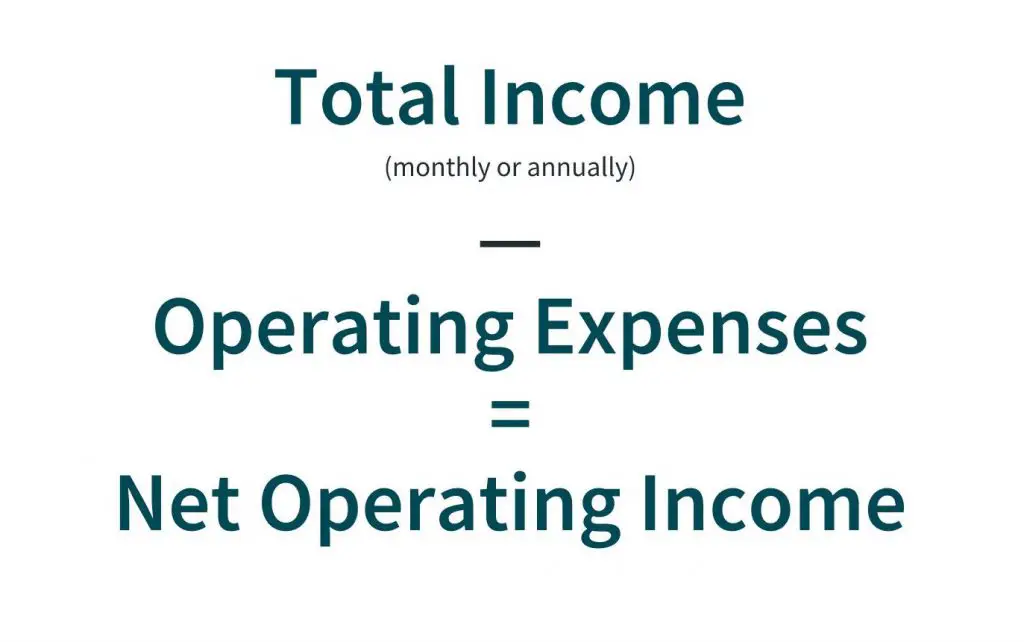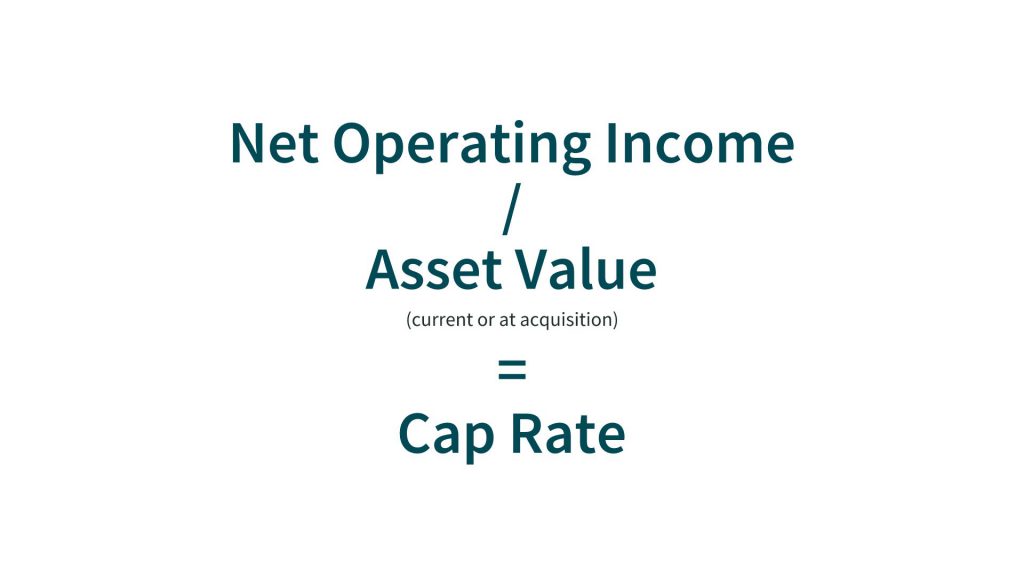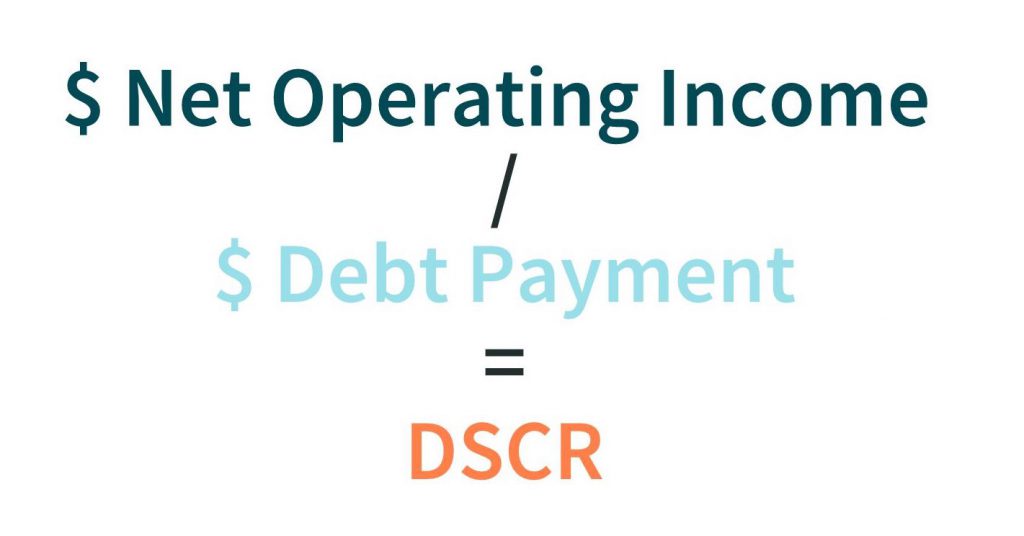This is a guest post by author Brad Cartier of Stessa, smart money management for real estate investors with rental properties.
It may be hard to believe, but most landlords are completely unaware of how much money they are actually making on their residential rental properties — until they go to file their taxes in April of that next year. When you take into account capital expenses, maintenance, depreciation, taxes and other factors for the entire year, most of the time your monthly “cash flow” from your rental income isn’t telling the whole story.
So why is understanding money management and basic accounting important, and how does that help landlords increase their rental profits?
Managing your money well can lead to amazing payoffs such as tax savings, increased rental income, lower expenses, and more. Poor money management can lead to overpaying taxes, lost rental income, higher expenses, and low overall ROI. But it all starts with clean bookkeeping.
So what are the tried-and-true ‘best practices’ for rental property accounting that landlords should follow, and why?
Let’s start by getting an overview of the basics of rental property money management; how to think about banking; and finally, what the most important financial metrics are that landlords need to know.
- Asset management and accounting software for real estate investors, including smart money management, automated income and expense tracking, personalized reporting and more.
- Strength: Accounting and Financial Tracking
Accounting Basics for Landlords: Record-keeping
As you know, there are significant tax benefits to owning rental property: depreciation and deductions being the more powerful. But in order to prove that you qualify for certain tax benefits, you need to keep stellar records. Here’s a few critical record-keeping tips to help you conquer the early stages of your rental property accounting.
Receipts: No longer do you need to keep a shoebox with all your paper receipts. Digitize them! Use one of many apps out there that can help with this and develop a system of record-keeping that will allow you to easily access records when you need them. For instance, I append each file title with the date and property address before I place it in my Stessa Documents folder dedicated to that specific property.
Rent collection: Consider online rent collection options and be sure to use a financial tracking application to automate the management of your property’s financials. Many landlords begin by using tools like Avail for this task.
Understand the metrics: Accounting is also about being able to benchmark how your property is doing financially. Understand the key real estate investing metrics that will allow you to properly audit each property to understand where you can save money and improve your revenue.
Notices and bills: Again, there’s no reason to keep paper copies of these different types of documents unless for legal reasons. Be sure to quickly digitize all that you can and file it in your digital filing cabinet for tax and auditing purposes.
Accounting Basics for Landlords: Banking
There are several critical components to rental property accounting, and banking is certainly one. Here are a few quick tips to help you better conceptualize how your banking framework should be set up as you grow and scale your real estate investing business.
- Keep your personal life out of your rental property business! There’s absolutely no reason to have your rental income mixed in with your personal accounts. Create a separate personal account solely for your rental business, and even consider an LLC as you grow.
- Consider different accounts for each property. Bank accounts are cheap, and sometimes even free, so make use of these to better silo the finances of each property. Have separate accounts for each one, and make sure to link those accounts to the above chosen rental property accounting app.
- Use a broker. Banks are great for some things, and not that great for others. Mortgages tend to be one of those bank offerings that are fraught with friction. Unless you have an established and effective personal relationship with a local bank, consider tapping into a broker who has a network of lenders for investors considering their mortgage options.
Rental property accounting is truly the backbone of any great real estate business that has proven any type of scale. Get your own money management in order and make “clean bookkeeping” a habit—your profits (livelihood) and sanity depend on it.
Accounting Basics for Landlords: The 5 Most Important Investing Metrics
Another invaluable habit that the most successful landlords commit to on a weekly basis is monitoring their investing metrics. To help them invest wisely, investors have developed a library of ratios and calculations to minimize risk and maximize profit. Savvy investors learn these real estate investing metrics inside and out so that they can both evaluate a potential investment in minutes and monitor their existing properties.
Whether you’re a new investor or one with twenty years of experience who needs a refresher, these are the top five real estate investing metrics you should know. Tip: You can calculate this metric yourself on a weekly basis or let Stessa do it for you.
1. Net Operating Income (NOI)
NOI tells you how much money you make (net) from a given investment property. It’s a version of a high-level income statement. To calculate it, take your total income and subtract operating expenses. Never include your mortgage payments in the NOI calculation, those are not considered operating expenses.

Why does Net Operating Income matter?
Investors use NOI solely to judge a building’s ability to generate revenue and profit. It tells you if a specific investment will generate enough income to make mortgage payments.
For an actual case study with NOI calculations and more insights, check out our Net Operating Income Calculator.
2. Capitalization Rate (Cap Rate)
Cap rate is the real estate equivalent of the stock market’s return on investment. It’s the ratio between the amount of income produced by a property to the original capital invested (or its current value). It tells you the percentage of the investment’s value that’s profit.
Cap Rate divides your net operating income (NOI) by the asset value. When you’re in the acquisition phase, this will be the property’s sale price. Later on, you can use your local realtor, broker, or the estimated value on real estate websites like Zillow.

Why does Cap Rate matter?
Generally speaking, the higher the cap rate, the higher the risk. That is because a high cap rate indicates higher returns, and ultimately higher risk. This is why you generally see higher cap rates in riskier markets, versus lower cap rates in stable and larger markets like New York City or San Francisco for example.
![]() Also Read: Cap Rate Calculator – Calculating Cap Rate
Also Read: Cap Rate Calculator – Calculating Cap Rate
3. Cash on Cash Return
Cash on cash return tells you the total return on the money you have in your real estate investment. Simply put, it’s how much money you’re earning off your cash invested. It’s an important metric because, unlike other real estate investing metrics, it includes debt service and your mortgage.
To get the current return on the total amount of cash in either a property or your portfolio, take your net cash flow after debt service and divide it by your total cash in the deal. To calculate total cash in, sum the acquisition price of the building or portfolio plus closing costs, subtract the outstanding mortgage balance, and add in any capital expenditures.

Why does Cash-on-Cash matter?
Playing around with cash on cash return can help you determine the best way to finance a new investment. It’s used when choosing between potential investments, and can help you forecast returns during years you anticipate capital expenditures.
4. Debt Service Coverage Ratio
Lenders pay close attention to your Debt Service Coverage Ratio, or DSCR. It compares the operating income you have available to service debt to your overall debt levels. Divide your net operating income by debt payments, on either a monthly, quarterly, or annual basis, to get your DSCR.
If you’re applying for a new mortgage, lenders look at your DSCR to gauge your repayment ability. A high ratio indicates that you might be too leveraged, and will make it harder to qualify for financing.

Why Does DSCR Matter?
Typical A and B lenders require a DSCR in the 1.25–1.5 range. This means that your rental property produces 25% more of additional income after debt service. A DSCR of 1.5-1.75 is even more desirable, and could help lower your interest rate.
5. Operating Expense Ratio (OER)
A measure of profitability, the OER tells you how well you’re controlling expenses relative to income. Take all operating expenses, less depreciation, and divide them by operating income to get your OER. It’s one of the few ratios used by investors which includes depreciation, which makes it more inclusive of the property costs.

Why does OER matter?
A lower OER reflects that you’ve minimized expenses relative to revenue. If your OER has been rising over time, it could indicate many issues. Perhaps annual rent increases haven’t matched expense increases. Or, your management company isn’t keeping up on routine maintenance, leading to more serious problems down the road. Calculating OER using specific expenses can help you narrow down the reason for its rise and help you get it back under control.
Conclusion
Real estate investing metrics like the 5 above can inform investors of how well their rental portfolio is performing. They also help track issues and identify problems before they damage your business. Each ratio tells a different story about your business or property. Thus, consider them in the context of the market, the building, and your investment goals when using them to inform your plans.
- Asset management and accounting software for real estate investors, including smart money management, automated income and expense tracking, personalized reporting and more.
- Strength: Accounting and Financial Tracking
Disclosure: Some of the links in this post are affiliate links and Landlord Gurus may earn a commission. Our mission remains to provide valuable resources and information that helps landlords manage their rental properties efficiently and profitably. We link to these companies and their products because of their quality, not because of the commission.





